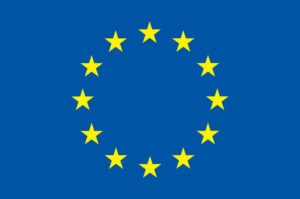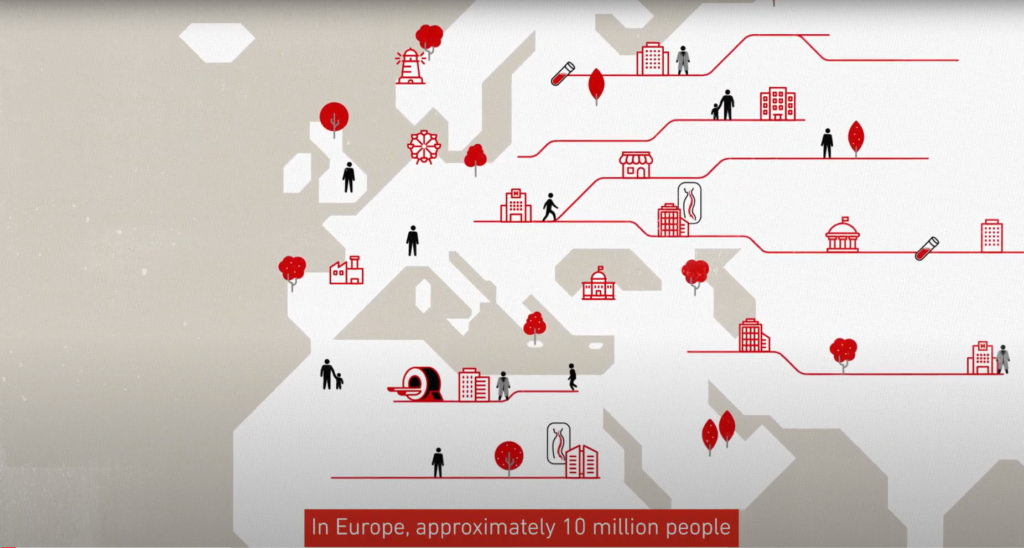AI-Mind Advocates for Timely Detection and Accurate Diagnosis
In the ongoing mission to raise awareness about the importance of timely detection and accurate diagnosis of Alzheimer’s disease, the AI-Mind Project continues to make significant strides.
Contribution to EU Observer Article
At the 33rd Alzheimer Europe Conference (33AEC) held in Helsinki this October, Ira Hebold Haraldsen, the project coordinator from Oslo University Hospital, presented insights that contributed to shaping the content of the EU Observer article titled “Optimising Alzheimer’s Disease Health Care Pathways across Europe.” The article delves into the challenges and opportunities surrounding Alzheimer’s disease healthcare, shedding light on the need for optimised pathways to enhance patient outcomes.
Impactful Animation
Complementing the EU Observer article, Eli Lilly and Company benefiting from insightful presentations delivered at the #33AEC developed a powerful animation. This animation provides a comprehensive overview of the current diagnostic landscape for Alzheimer’s disease. It also explores future possibilities, including the potential integration of blood tests and other supportive tools in the diagnostic process.
Focus on Timely and Accurate Diagnosis
Central to the AI-Mind Project’s mission is the recognition of the imperative for timely and accurate diagnosis. Acknowledging the challenges faced by patients undergoing prolonged diagnostic processes involving invasive tests, the project aims to leverage technological advancements, particularly artificial intelligence (AI), to facilitate dementia risk prediction.
Learn more from our infographic.
AI in Action
Within the AI-Mind project, experts from different fields are developing AI-based tools that aim to support primary care physicians in making informed decisions about a patient’s likelihood of progressing to dementia, including Alzheimer’s disease. This involves analysing various data inputs, including blood samples, digital cognitive tests, and electroencephalograms (EEGs). By harnessing the power of AI, the project strives to streamline the diagnostic process, enabling quicker and more accurate assessments of Alzheimer’s disease risk.
Learn more from our factsheet.
In conclusion, AI-Mind partners are committed to advancing dementia research and early detection and diagnosis of Alzheimer’s disease. Through collaborations, excellent science, innovative technologies, and impactful outreach strategies raising awareness, the project continues to drive positive change in the quest to improve the lives of those affected by different forms of cognitive decline and dementia.
@Featured photo – Eli-Lilly-Alzheimers-Disease-Infographic


